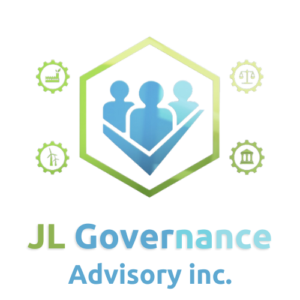Sustainable Governance melds sustainability principles with corporate oversight, harmonizing economic, environmental, and social aspects. Its goal is enduring business viability and ethical operations.
Incorporates environmental considerations into the governance framework. This includes assessing and managing risks, adopting eco-friendly practices, and aligning strategy with environmental goals.


Addresses issues like labor practices, human rights, and community engagement. Such companies ensure fair and ethical treatment of employees, suppliers, and communities where they operate.
Beyond a focus on sustainability, it’s recognized that long-term financial viability is crucial for fulfilling sustainability commitments.


Emphasizes clarity in reporting sustainability efforts and outcomes. Companies are encouraged to be open about their environmental and social impacts, implementing accountability mechanisms to uphold commitments.
Companies actively engage with stakeholders, including investors, employees, customers, and regulators. Feedback from these groups is sought and factored into decision-making.


Boards of directors are pivotal, responsible for setting sustainability strategies, monitoring progress, and ensuring management’s accountability for performance.
Looks beyond immediate profits to gauge the extended impact of decisions on the environment, society, and reputation.


Companies often align with relevant regulations and standards. Voluntary adoption of global sustainability frameworks, like the United Nations Global Compact, is also observed.

Bridging strategy with ethics, propelling businesses to sustainable leadership. Your blueprint for impactful change. Elevate with us.
Copyright © 2023 JL Governance Advisory Inc.